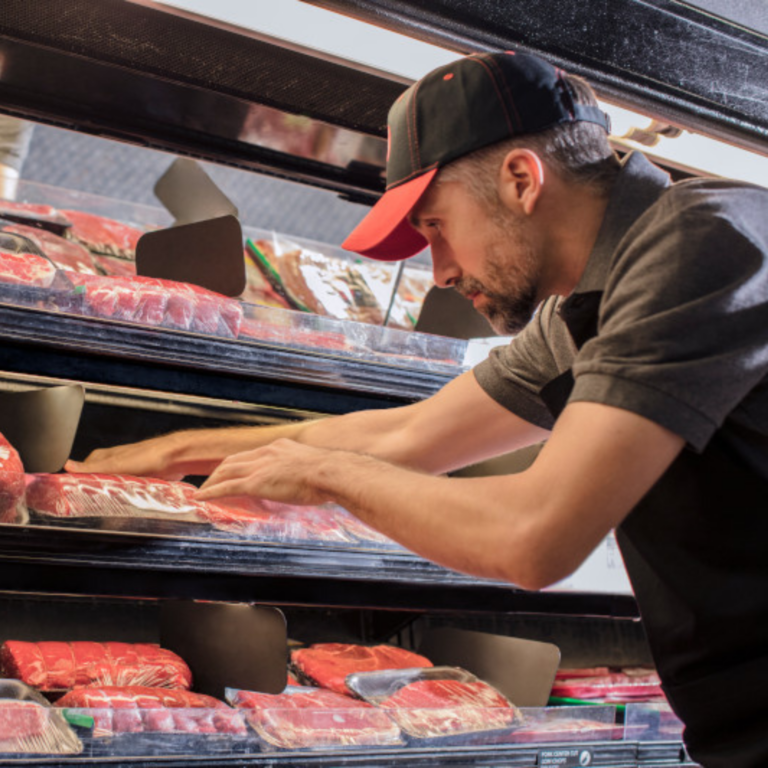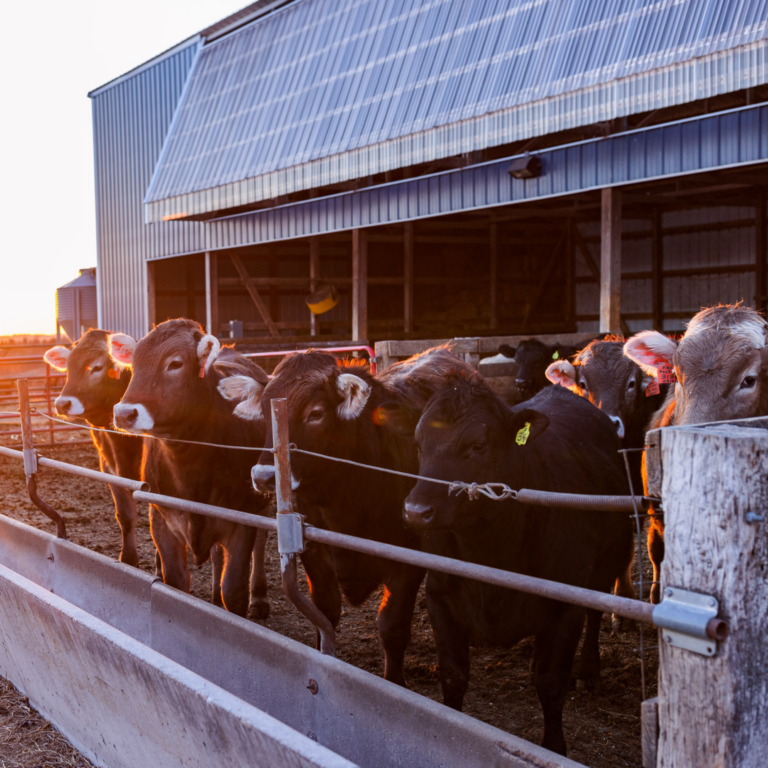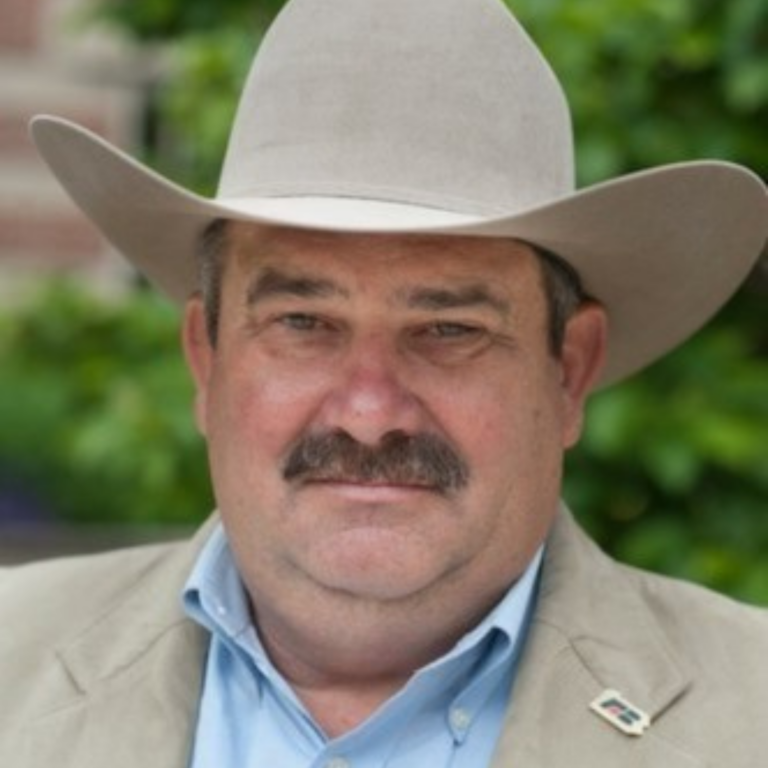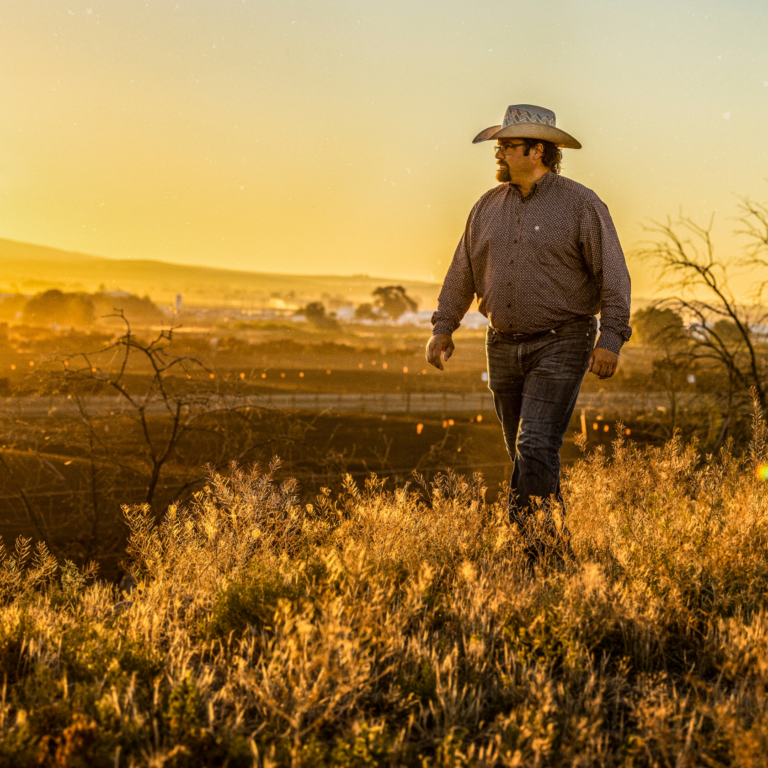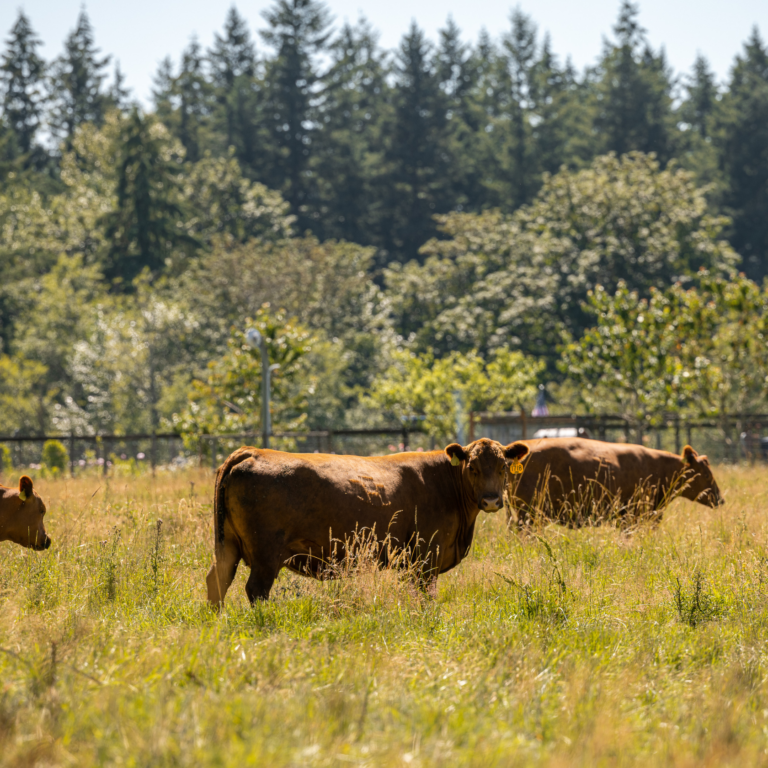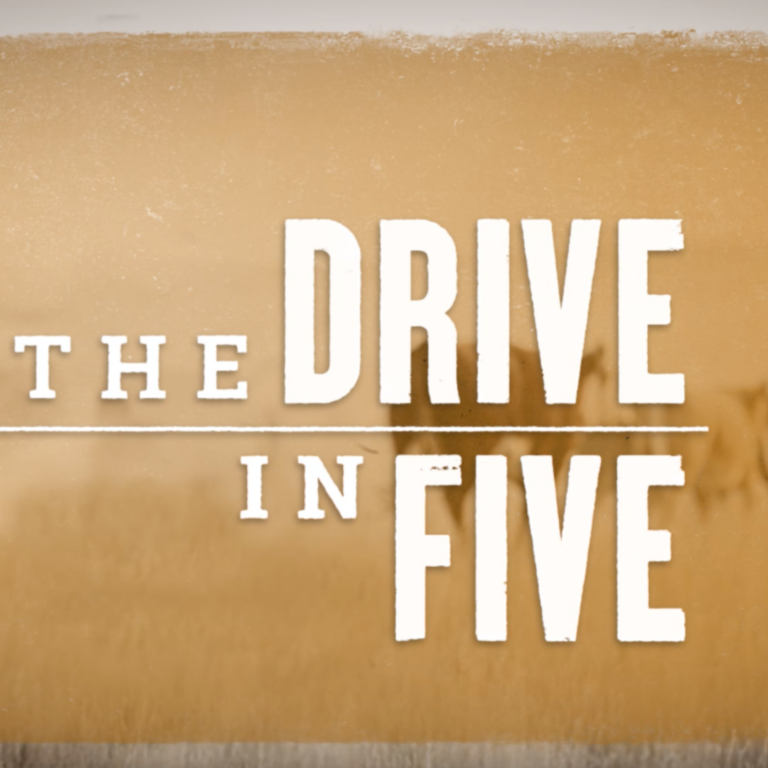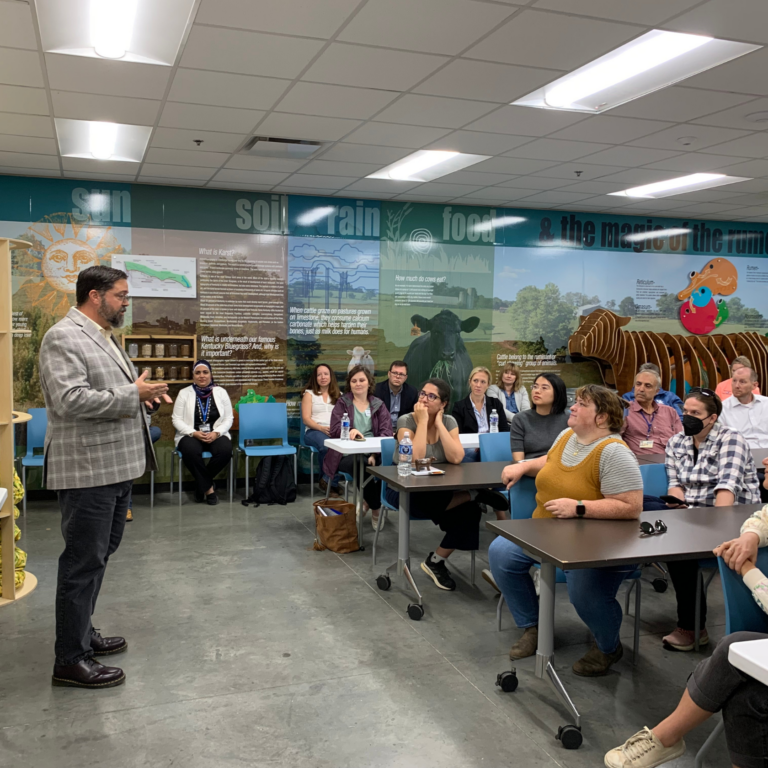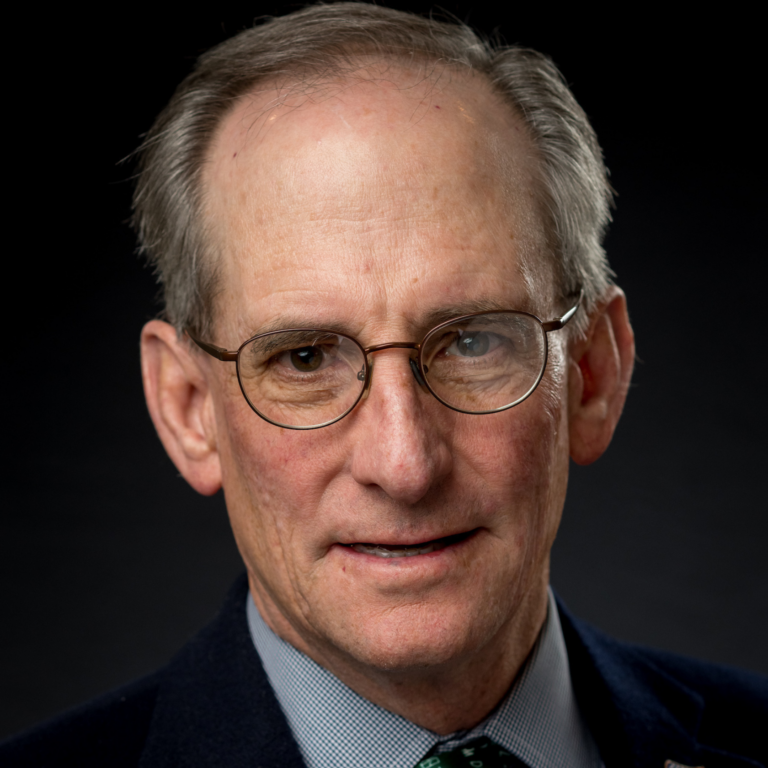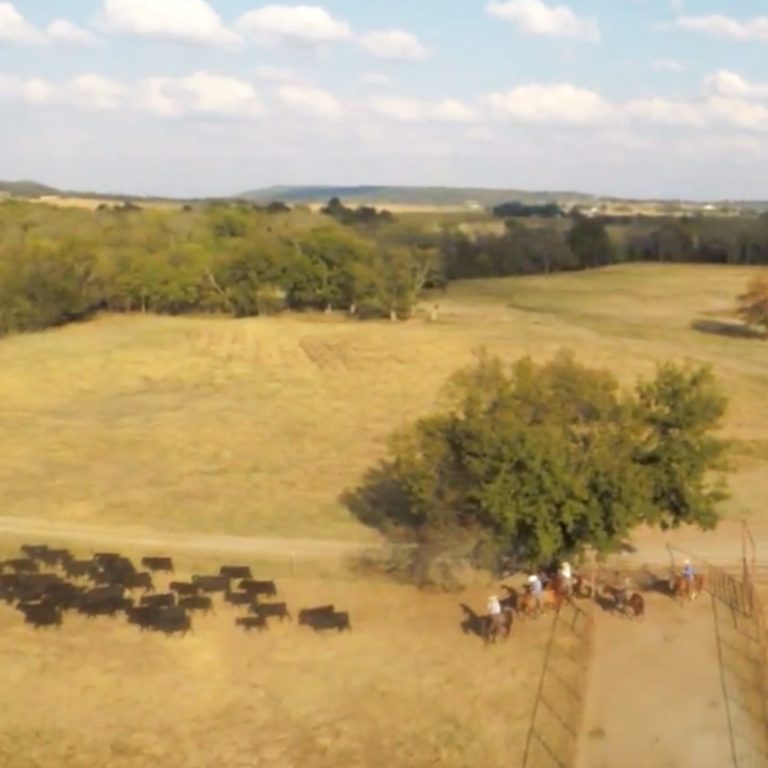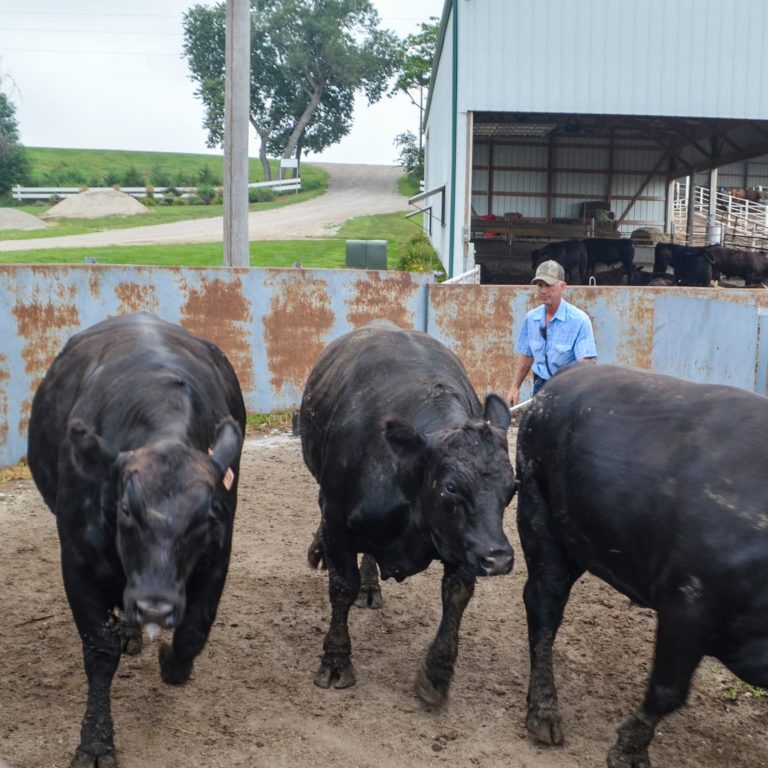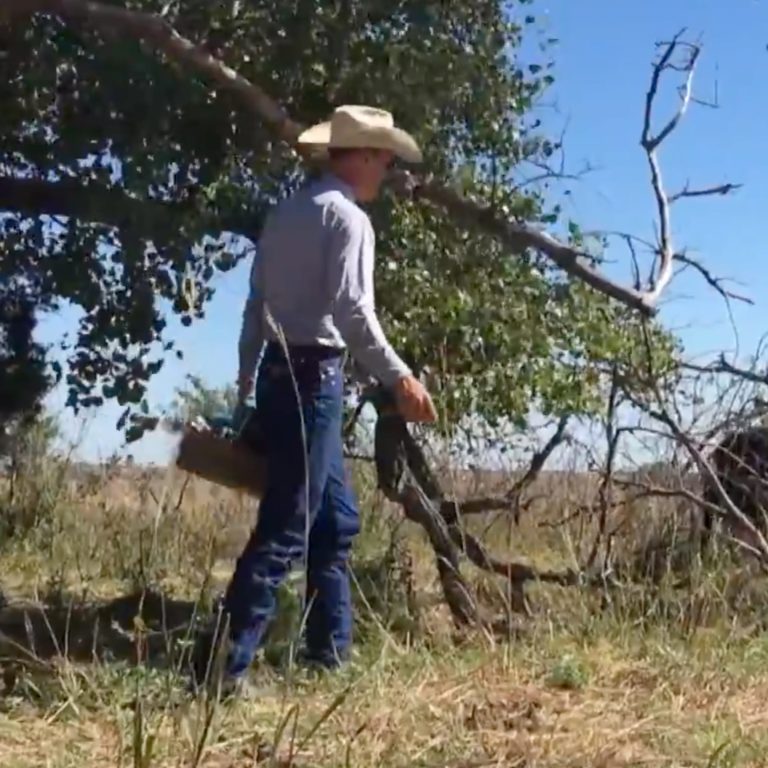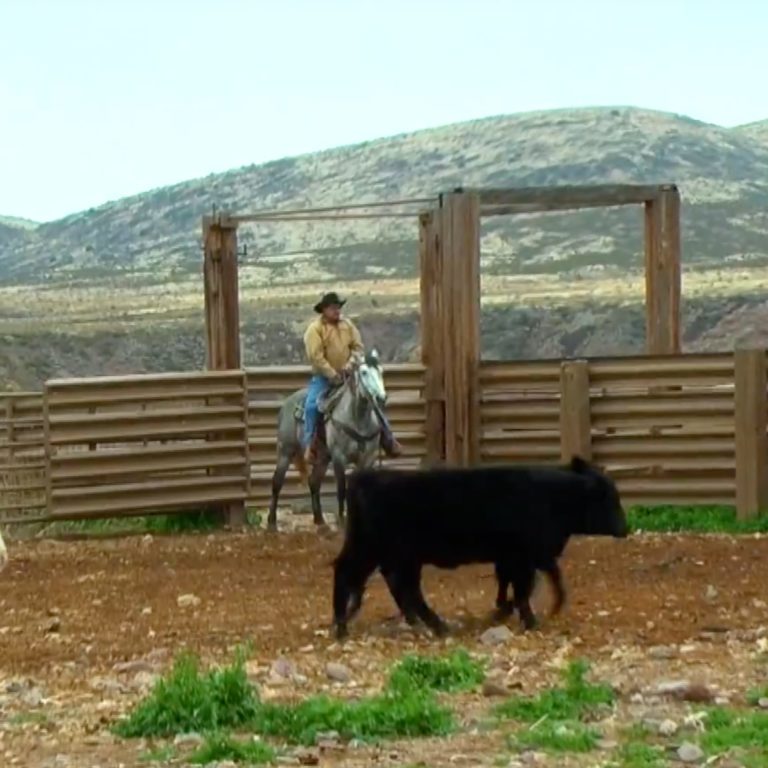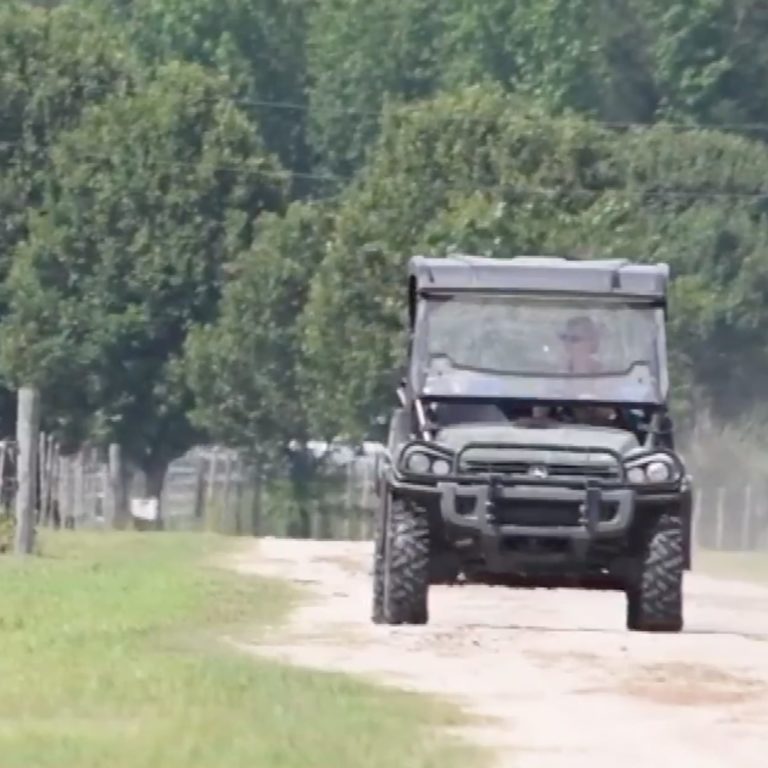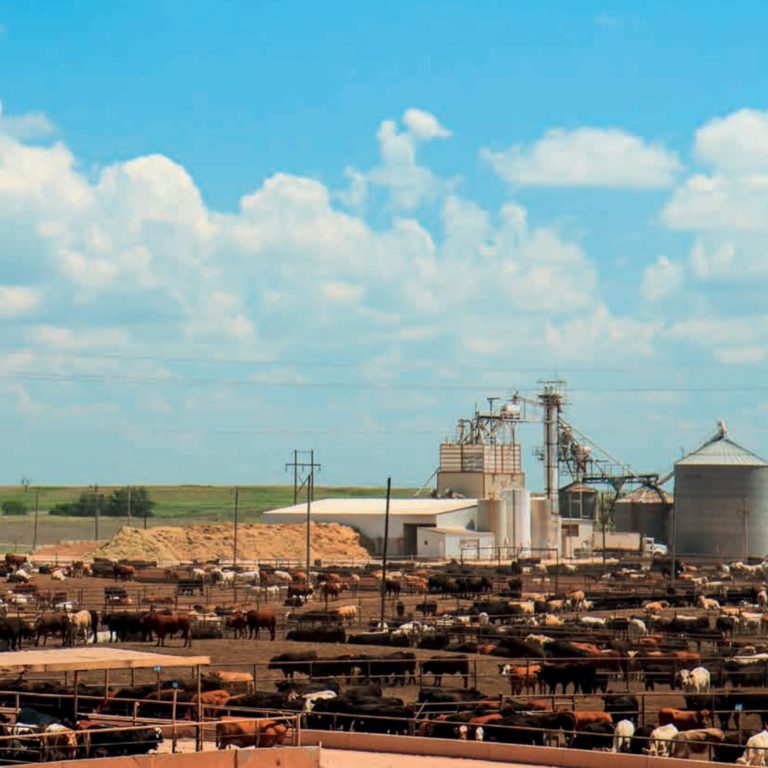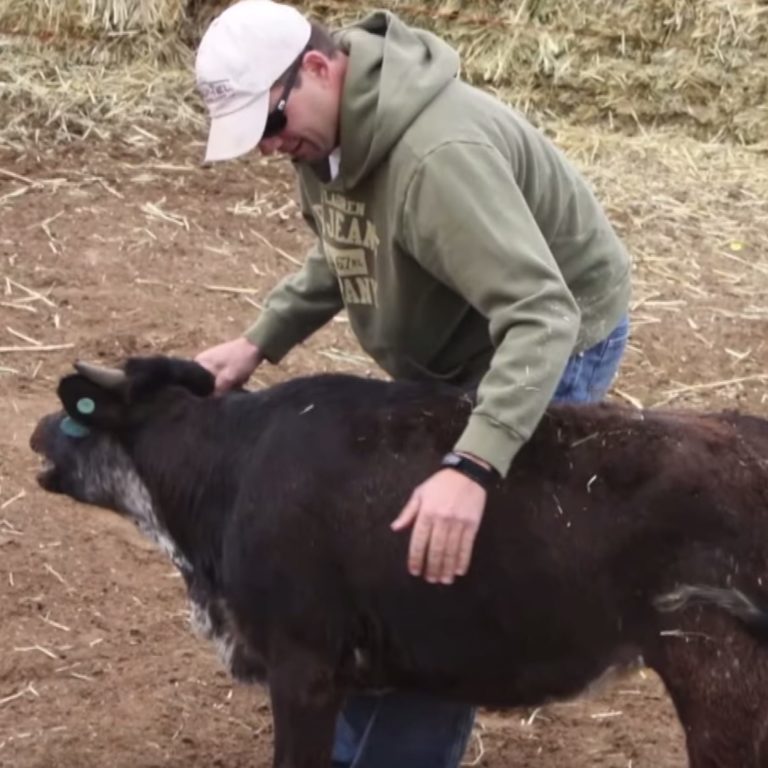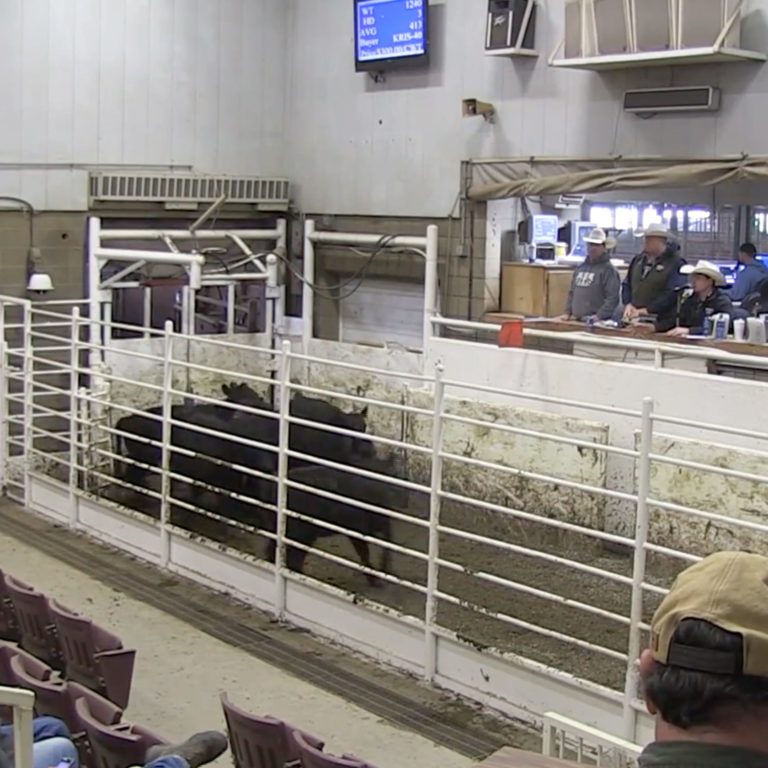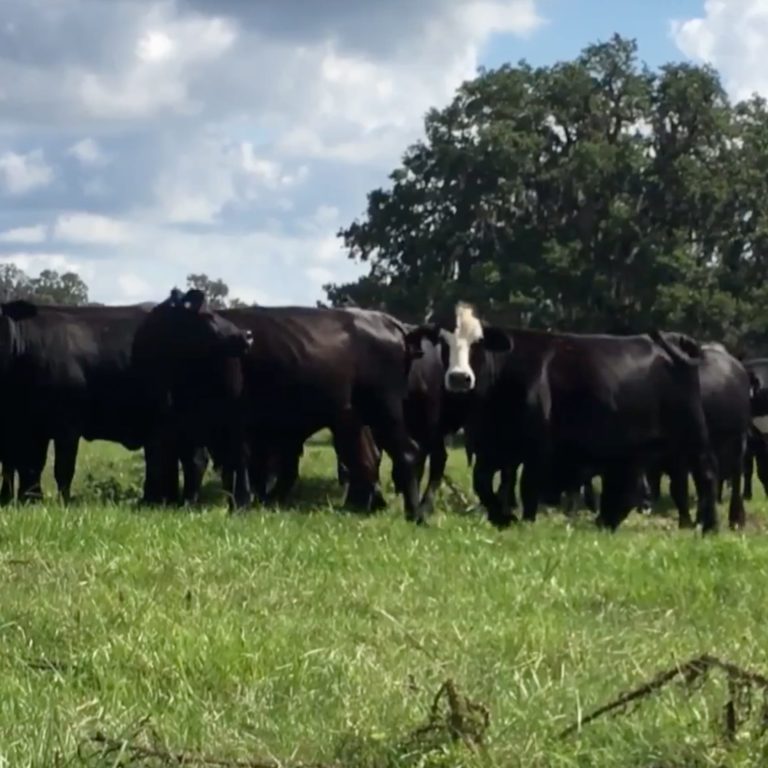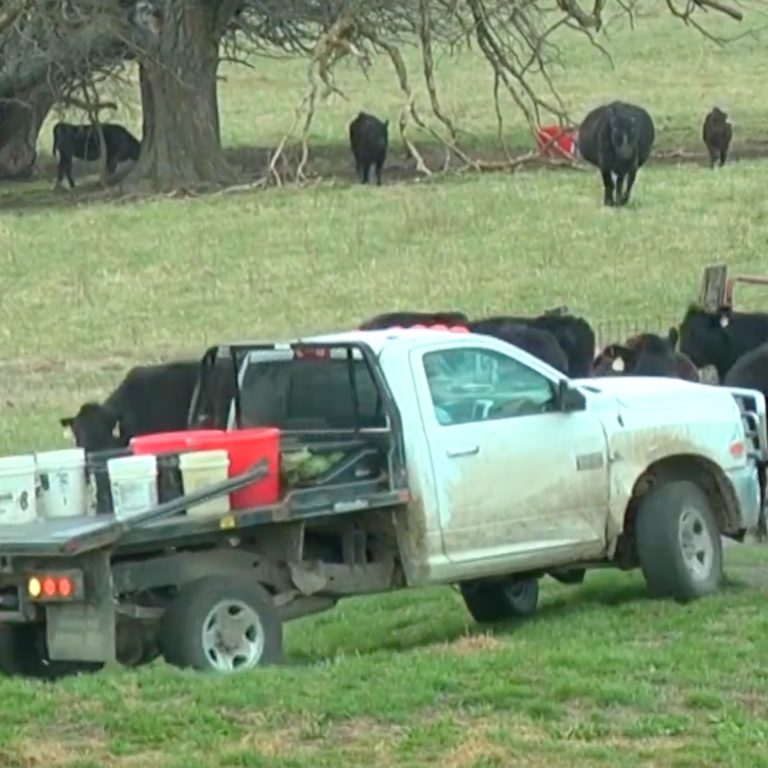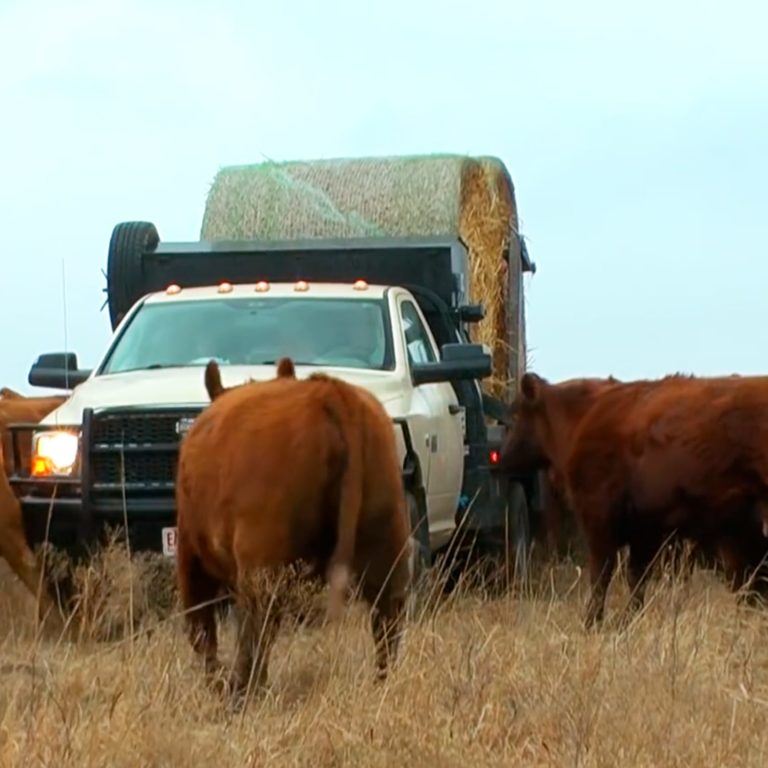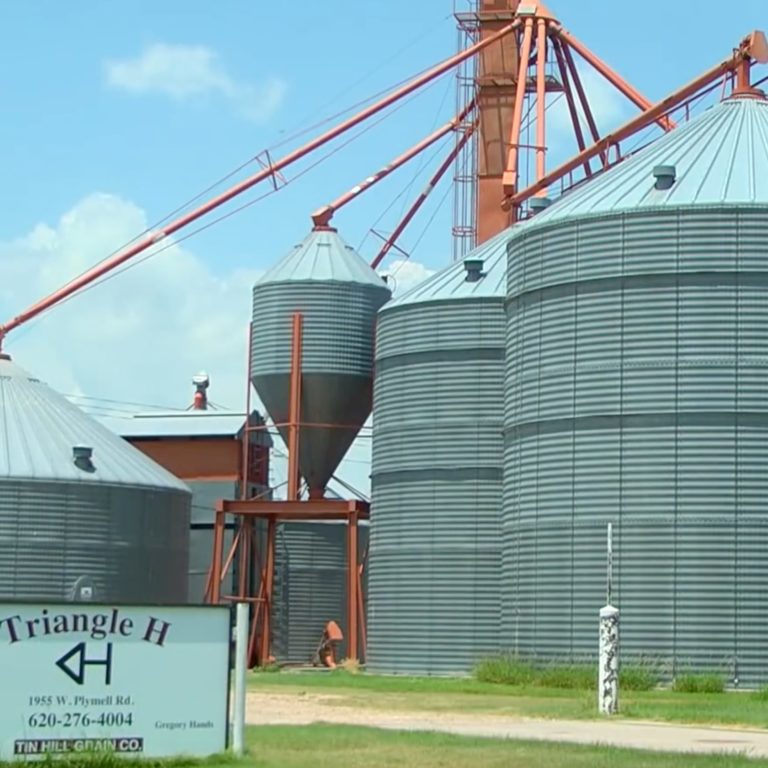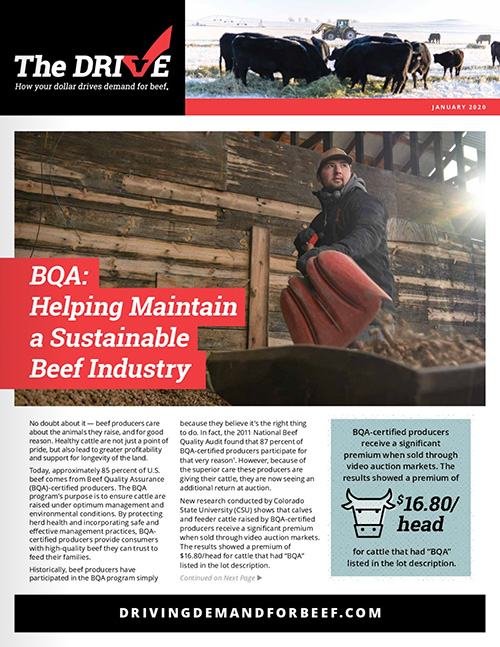How the Checkoff Is Sharing Beef’s Sustainability Story
Today, more than ever before, consumers care about where their food comes from. They want to know about its environmental impact. They worry about whether livestock animals are treated humanely. They want to know if their food is nutritious and safe to eat. And they will change their eating – and purchasing – habits based on all those factors.
As co-chair of the beef checkoff’s Consumer Trust Committee, I’ve seen and heard these consumer concerns firsthand. The topic of sustainability is changing how all industries do business and communicate with their customers, and the beef industry is no exception. It can be difficult for us as producers to wrap our heads around the fact that most consumers never visit a beef ranch in person. They don’t always see the care we put into raising beef. While we have faith in the wholesomeness of our product and how we raise it, telling our story to consumers has never been more important. But, before we can do that, we must know what we’re facing.
That’s why, in the spring of 2021, the beef checkoff conducted extensive market research to fully understand consumer perceptions of how beef producers care for the land and what key topics would resonate most with that audience.
Here’s what we found out:
- About 50% of consumers say they care about beef’s impact on the land and environment. However, they still cite taste, safety, appearance and price as more important considerations when making meal choices.
- Almost half of consumers have a positive perception of beef production. Unfortunately, they still perceive the beef industry to be less sustainable than other food industries.
- Animal welfare, by far, was the most important topic to address with consumers when it comes to beef and how cattle are raised.
After taking those survey results into consideration, Beef. It’s What’s For Dinner. launched a beef checkoff-funded campaign in 2021 called “Rethink the Ranch.” This campaign introduced the public to beef producers who make science-driven decisions that will keep their herds, environment and businesses healthy enough to pass on to the next generation. The campaign’s goal was to increase consumer confidence in beef and beef production by inviting consumers to learn more about how beef producers care for the land, their animals and their local communities.
Rethink the Ranch came to life across YouTube, social media platforms, influencer efforts, radio, ConnectTV and more. Beef. It’s What’s For Dinner developed and disseminated a variety of content, showing how dedicated beef producers are to a vital and reliable industry:
- A special Rethink the Ranch webpage featured an interactive map of all 50 U.S. states, each complete with state-specific beef production stories told through the lens of beef families.
- Short video advertisements on YouTube and ConnectTV showed how beef producers have been doing their part to lower emissions and find more efficiencies. Examples include: What Goes Around, Better Than Ever, We See Beef and A Prosperous Future for Everyone.
- Educational digital and radio ads about how beef producers implement land-saving, wildlife-preserving and award-winning environmental efforts hit social media and the web. These ads were also featured on ESPN networks (ESPN2, SEC and ESPNU) as well as on Spotify and Sirius XM.
These efforts actively engaged consumers by providing in-depth content and rancher stories. Nearly 97 million people saw Rethink the Ranch content, and its videos were viewed almost 60 million times. On social media platforms, content generated approximately 67,000 comments, reactions and shares. The Rethink the Ranch page on Beef. It’s What’s For Dinner. website was viewed more than 80,000 times, and the campaign’s audio ads were heard nearly 16 million times. Obviously, this campaign reached a lot of people with the truth about how responsibly beef is raised.
Building off of last year’s success, a second campaign titled “Raised & Grown” launched this past spring. This campaign addresses the very real concerns consumers have about how cattle are raised. It focuses on increasing consumer awareness of how beef farmers and ranchers across the U.S. raise beef safely, humanely and sustainably. Some of the producers that the campaign spotlights include Environmental Stewardship Award Program (ESAP) recipients and Beef Quality Assurance (BQA) award winners. It’s all part of the checkoff’s ongoing efforts to tell beef’s real story to the many people who want to feel better about their food choices.
“Sustainability” and “animal welfare” are just words. We need to understand they aren’t concepts that are going away soon, nor should they. They’ve been an integral element of our cattle operations for generations. Back in the old days, we called them “stewardship” and “animal husbandry.” Regardless, it’s important we all do our best to minimize our environmental impact. The entire beef industry needs to share the stories of our successes.
As we head into the second half of 2022, the Consumer Trust Committee and beef checkoff contractors are working to communicate the dedication of beef producers. We need to keep fulfilling consumer expectations of delicious, and yes, sustainable, beef.
Learn more about how Beef. It’s What’s For Dinner. is communicating responsible beef production practices at, www.beefitswhatsfordinner.com/raising-beef
The Beef Checkoff program was established as part of the 1985 Farm Bill. The checkoff assesses $1 per head on the sale of live domestic and imported cattle, in addition to a comparable assessment on imported beef and beef products. States may retain up to 50 cents on the dollar and forward the other 50 cents per head to the Cattlemen’s Beef Promotion and Research Board, which administers the national checkoff program, subject to USDA approval.









